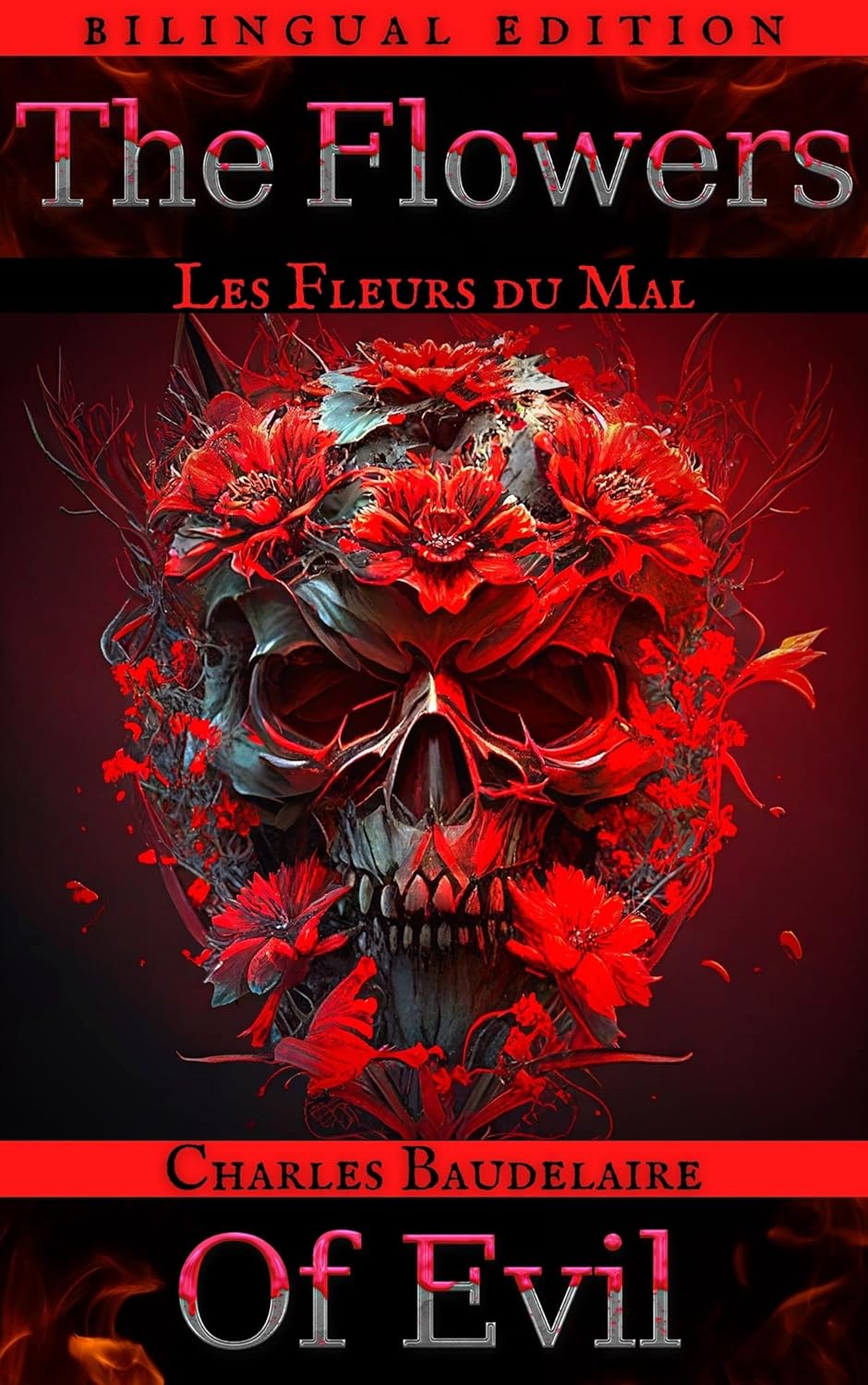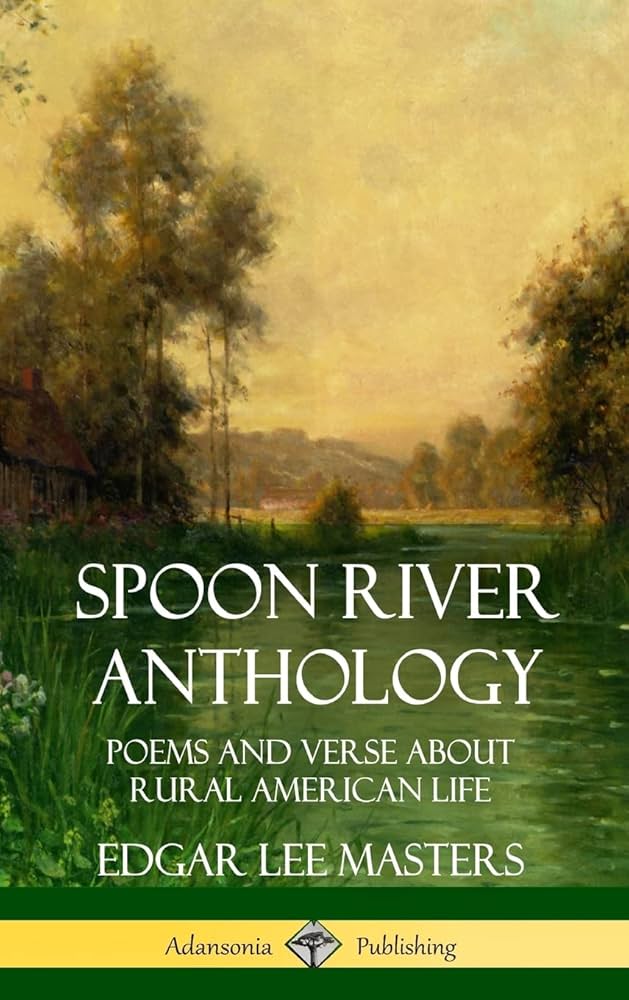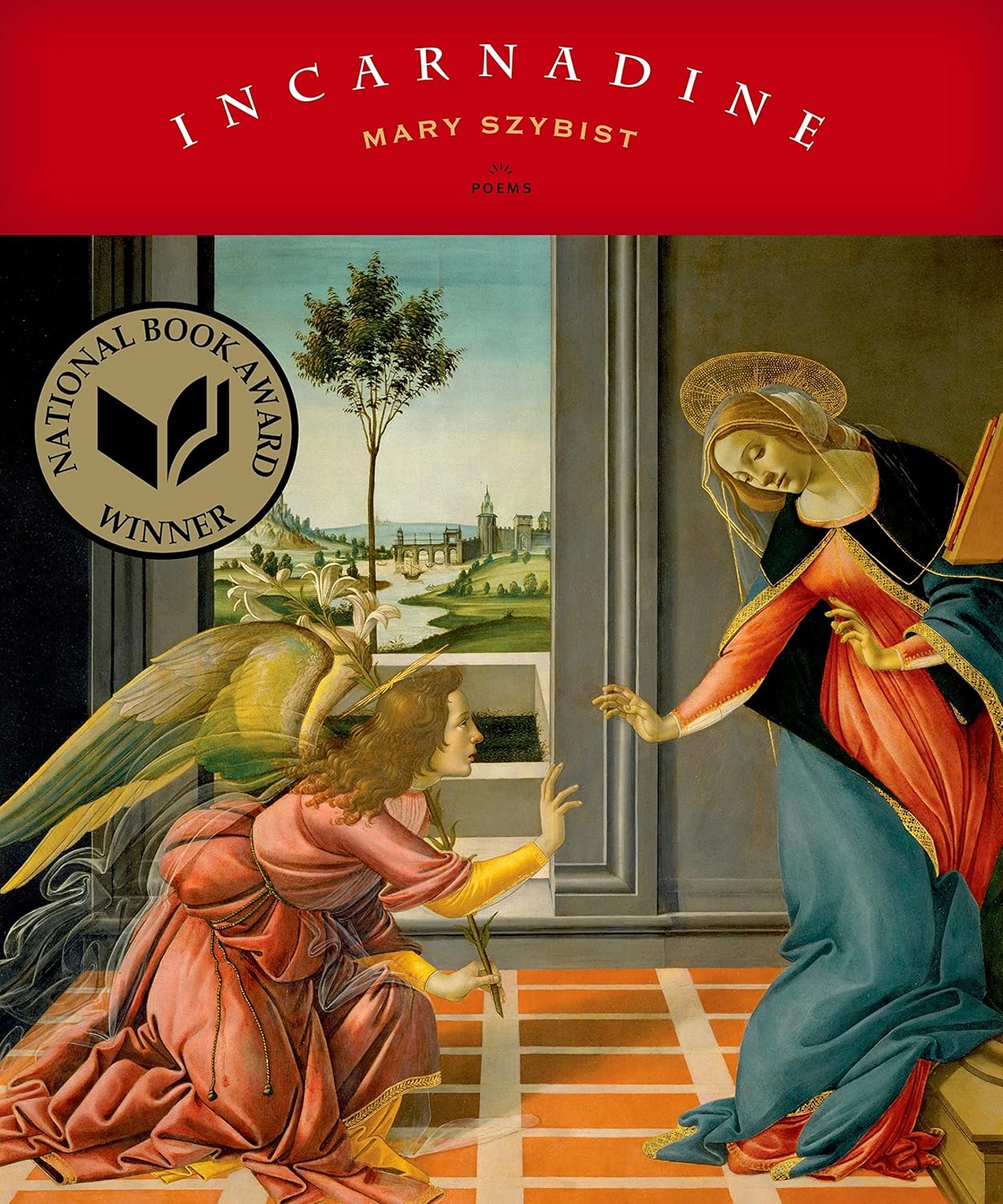The setting for this essay is living in France. The symbolist movement has captured the imagination of the French people. Creativity is measured by creativity itself. Poetry, art, sculpture, and even journalism will be ravaged by a movement that is obsessed with imposing transfiguration and delicacy into worlds of mysticism and supposition. Romanticism and Impressionism will be dressed according to the will of the creator. The rules have changed. Drama is away in a dream and reality is compelled to promenade with vice and promiscuity.
In this realm and time in French poetry, the Grand Design is exerted by Charles Baudelaire. Realism and naturalism are flavored with antiquated variables of obtuse horoscoping and supernatural spiritualism. To be excessively sentimental and observant to the natural world was to be out-of-touch with your inner psyche and instinct, thereby inhibiting your most insatiable desires. “L’art pour l’art” is the new world order in art; it is inconceivable to suggest that realism and ‘accepted’ demeanor is normal. Eroticism, sex, passion, intrigue, artificiality, lust, rebellion, and even morals are game for the creator, be he or her a painter, poet, sculpture, or even clergyman, if the need be so. (Let the ‘flowers of evil’ be bloomed by twilight and passion.)
Baudelaire is astutely clever with his presentations; he dresses each of them in their gowns of nobility and intrigue. They reside on the crevices of creativity and gloomy fascination. The first poem, ‘Benediction’, is a confession of confidence and defiance. The energy and passion of the moment are allies in the author’s conscience. Casting spells of deceit and malice, and threatening normalcy with imprimatur malice, Baudelaire transforms his readers into the darker passions of the soul. Fanning their dreams with feathers of lust and verboten etiquette, his poems ooze with a rubiate luminosity that channels the cosmos of imagination and chance; they also invite the reader to an astonishing bereavement that climaxes into an orgy of grandeur and artificial serenity Deep in the cask of time, the poet recites from his diary of temptation; he implores the listener to inhale the miasma of malapropos empathy. It is the only way the spectator can engage upon this odyssey of promise and deliverance that the poet has created from words and conjuring mischief that is descended from the natural order of unvisited chaos and bliss. The author injects fatal levels of gumption into each stanza of his poems in order to demonstrate his zealous obsession with transformation and awakening, to the dark side of human elegance. He speaks softly, but colors loudly the names of mischief and dalliance. Nature and time have amalgamated, as well as christened, life and death into one; this celebrated paradox is the ultimate form of conquest, and it can only be achieved through redolent verse and seasoned recitation. The poems themselves are hymns to celebrations of fornication and denaturalization of inharmonious and antiquated sanction. Baudelaire’s pen is frothing with intensity and discipline with his ideas and imagery of sensual engagements and mystical dialogue between obsession and dreams. Rich contextualized stanzas and ebony colored wording schemes inebriate the reader right into a capsule of suggestiveness and romantic sorcery. A phantom menace of semantic liturgy and pleasure sculpting confession eases the reader into a pantomime parley of the physical senses. Bad, Good, Madness, Anarchy, Sex, and Chaos thrive in the vacuous continuance of verse.
Consider one vivacious scene where conflict and pleasure interact with the imaginative tangibility in one of the poems called, ‘The Dancing Serpent.’
‘Upon your heavy head of hair
With its acrid scents,
Adventurous, odorant sea
With blue and brown waves,
Like a vessel that awakens
To the morning wind,
My dreamy soul sets sail
For a distant sky.
Your eyes where nothing is revealed
Of bitter or sweet,
Are two cold jewels where are mingled
Iron and gold.’
The poet conveys his obsession of inequity into a precinct of hallowed indulgence that is presided over by the scepter of his reader. The rules of engagement apply only to those who willingly darken their merit by mended will and pretentious mien. As one reads deeper into the oracles of verse, the spectator is mystically invited to indulge in the performances that the poet has promised. The fruits of passion and the delicacy of temptation invigorates the imagination and ripens the senses for harvest. Passionate but regulated nomenclature inseminates the imagery of mischievous characters, villains, angels, monks, vampires and saints. The stains of salvation and repentance are transfigured into more compelling scenes of exhilarating animation and theatrics. In this realm of verse, Baudelaire has angels and demons as allies, while churches are carnivals for heathens and miscreants. The flavors of paradox are undeniable; and the feelings of shallow confidence and determined purpose are thrusted through the temples of the readers that shatter into ecstasy and ataxia. Stunning visions are warped into mangled and dizzy realities that accompany the reader into a masquerade of rebellion and mischief. The engines do not cool down until the very last stanza of verse. Once the merry-go-round of kaleidoscopic pandemonium arrives at its end, the reader is cosmically exhausted but begging for more.
Baudelaire is clever not to turn off his magic. It is precisely why this work of poetry has preserved its fascination and charm for so long. The drapery of word imagery, and the perfumed stanzas of desire and power awaken the reader into a marvelous universe of maniacal divinity and conjured vulnerability. The result: to be as shameless and astute as the reader permits. This is the finest example of French poetical symbolism, in my view, in existence. Each artistic figure like Da Vinci, Michelangelo, and Rembrandt engages the reader to invoke sensations that correspond to the works of these artists; however, Baudelaire conveys these advantages through spiritualistic engagement and classism. While the poet does, when it is proper, to adhere to the verse structures of antiquity, he also invites the reader to plunge into his shapeless style and choice of arrangements to almost satisfy the indulgences of the spectator. While grammar and syntax are carefully arranged and exaggerated, the emotional charm still can encapsulate the reader and keep his desires throbbing as a genuine and articulate poet is trained for. Baudelaire never fails in any of his attempts to either aggravate or satisfy his audience. He has come to terms with their perceptions; they have invited themselves into his world of imagination and wonder complete without limits, and absent of consequence and uncertainty. You can purchase a version of this work here.
© 2024, Mark Grago. All rights reserved.





